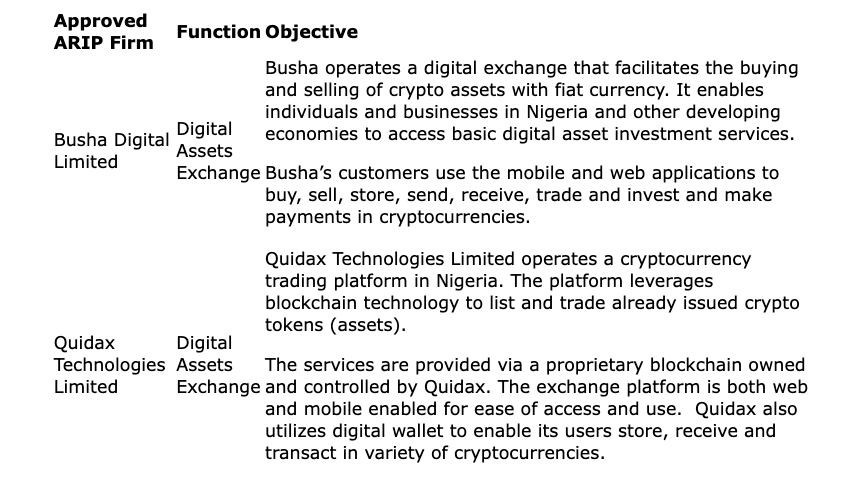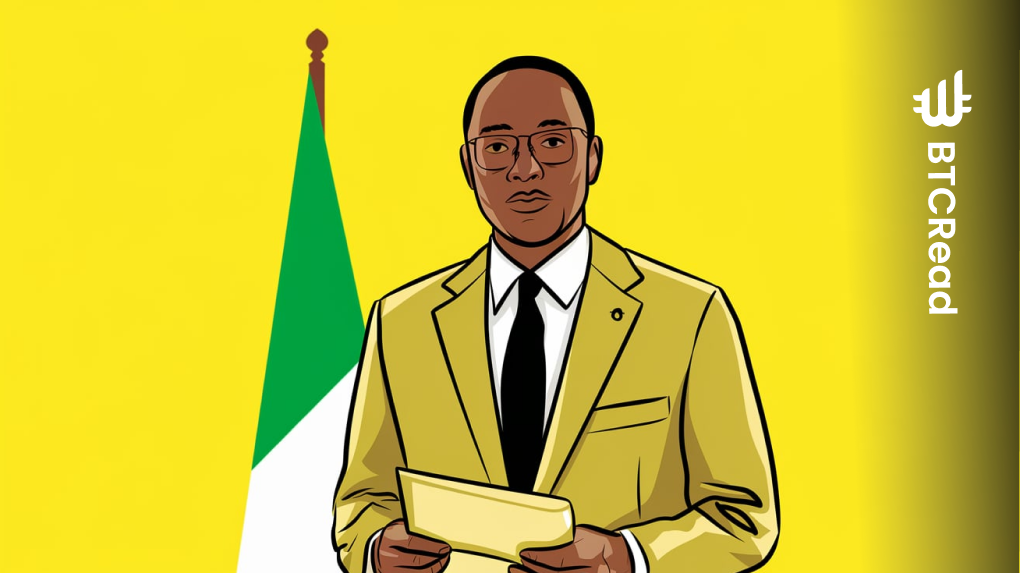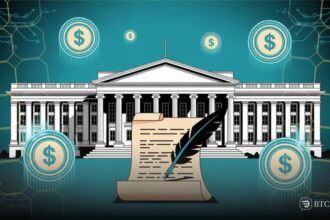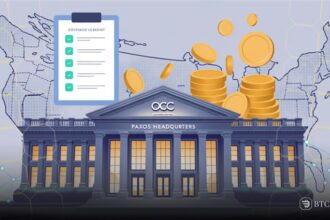Nigeria’s Securities and Exchange Commission (SEC) is getting ready to tackle the issue of unregulated crypto activities. According to Nairametrics, the SEC’s Director-General, Emomotimi Agama, announced that the country will soon focus on individuals and companies offering crypto services without proper regulation.
Agama highlighted that these actions demonstrate the SEC’s commitment to protecting investors, especially in the crypto space. This move follows the SEC’s recent decision on Aug. 29 to issue provisional licenses to two local exchanges, Busha Digital and Quidax Technologies.

The SEC’s website notes that while other businesses involved in digital assets have been approved in Nigeria, Busha and Quidax are the only exchanges currently under official oversight.
Nigeria lifts ban, sets new crypto rules
Agama pointed out that the recent approvals for Busha and Quidax in Nigeria reflect the growing enthusiasm among young Nigerians for digital assets. He emphasized the need for a well-defined regulatory framework that protects investors while encouraging innovation.
Moreover, he mentioned that the SEC’s role in overseeing cryptocurrency would include enforcing Anti-Money Laundering (AML) and Combating the Financing of Terrorism (CFT) regulations. Experts think Nigeria’s approach to cryptocurrency regulation has been ambiguous and inconsistent despite emerging as one of the largest crypto markets globally.
In early 2021, Nigeria’s Central Bank (CBN) banned cryptocurrencies, stopping banks and financial institutions from dealing with crypto exchanges. However, in 2022, the Nigerian Securities and Exchange Commission (SEC) introduced new regulations for these exchanges, indicating a shift towards acknowledging the role of cryptocurrencies.
By late 2023, the CBN lifted its ban on crypto transactions but announced that it would enforce new regulations starting in May. 2024. These rules aim to restrict peer-to-peer crypto exchanges that use the Nigerian naira.







